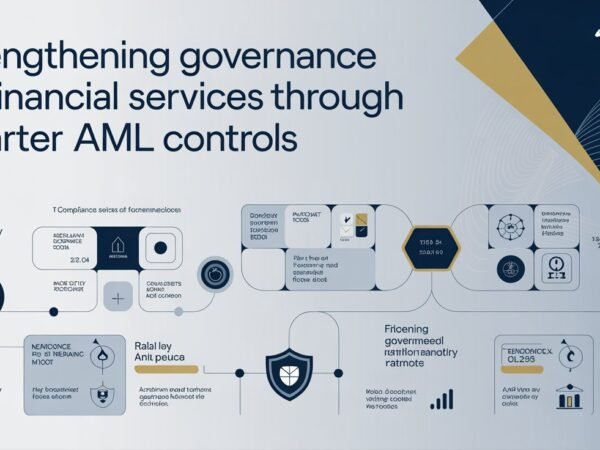Traffic management plans are essential for ensuring the safe and efficient movement of vehicles, pedestrians, and cyclists. These plans are particularly important for events, construction projects, and other activities that can impact traffic flow. By implementing effective traffic management strategies, organizations can minimize congestion, reduce accidents, and improve the overall experience for everyone involved.
Key Components of a Traffic Management Plan
A comprehensive traffic management plan should include the following components:
- Traffic Assessment: Conduct a thorough assessment of the expected traffic volume, peak hours, and potential congestion points.
- Route Planning: Determine the most efficient routes for vehicles, pedestrians, and cyclists to access the event or project site.
- Signage and Wayfinding: Implement clear and visible signage to guide traffic and direct people to designated parking areas or drop-off points.
- Parking Management: Plan for adequate parking facilities and implement strategies to manage parking efficiently.
- Traffic Control: Deploy traffic control personnel to manage intersections, direct traffic, and assist with parking.
- Emergency Preparedness: Develop a plan to handle emergencies such as accidents or medical incidents.
- Communication: Maintain effective communication with local authorities, event organizers, and attendees to provide updates and address any issues.
Traffic Management Strategies
- Diversion Routes: Consider implementing detours or alternate routes to alleviate congestion and reduce the impact on local traffic.
- Temporary Traffic Signals: Use temporary traffic signals to control intersections and manage traffic flow.
- Lane Closures: Close specific lanes or roads to accommodate construction or special events.
- Shuttle Services: Provide shuttle services from designated parking areas to the event site to reduce traffic congestion.
- Pedestrian and Cyclist Facilities: Ensure safe and accessible pedestrian and cyclist paths are available.
- Public Transportation: Encourage the use of public transportation to reduce the number of vehicles on the road.
Benefits of Effective Traffic Management
- Improved Safety: A well-executed traffic management plan can significantly reduce the risk of accidents and injuries.
- Reduced Congestion: Effective traffic management can help to minimize traffic congestion and improve travel times.
- Enhanced Experience: For events, effective traffic management can contribute to a positive and enjoyable experience for attendees.
- Community Relations: A well-managed event can improve relationships with the local community and reduce complaints about traffic disruptions.
Challenges and Best Practices
- Unpredictable Factors: Weather conditions, unexpected events, or changes in attendance can impact traffic flow and require adjustments to the traffic management plan.
- Coordination: Effective traffic management requires coordination between various stakeholders, including event organizers, local authorities, and traffic management professionals.
- Evaluation and Improvement: Regularly evaluate the effectiveness of your traffic management plan and make necessary adjustments to improve its performance.
By implementing a comprehensive and well-executed traffic management plan, you can ensure the safety and efficiency of your event or project, while minimizing disruptions to the surrounding community.













